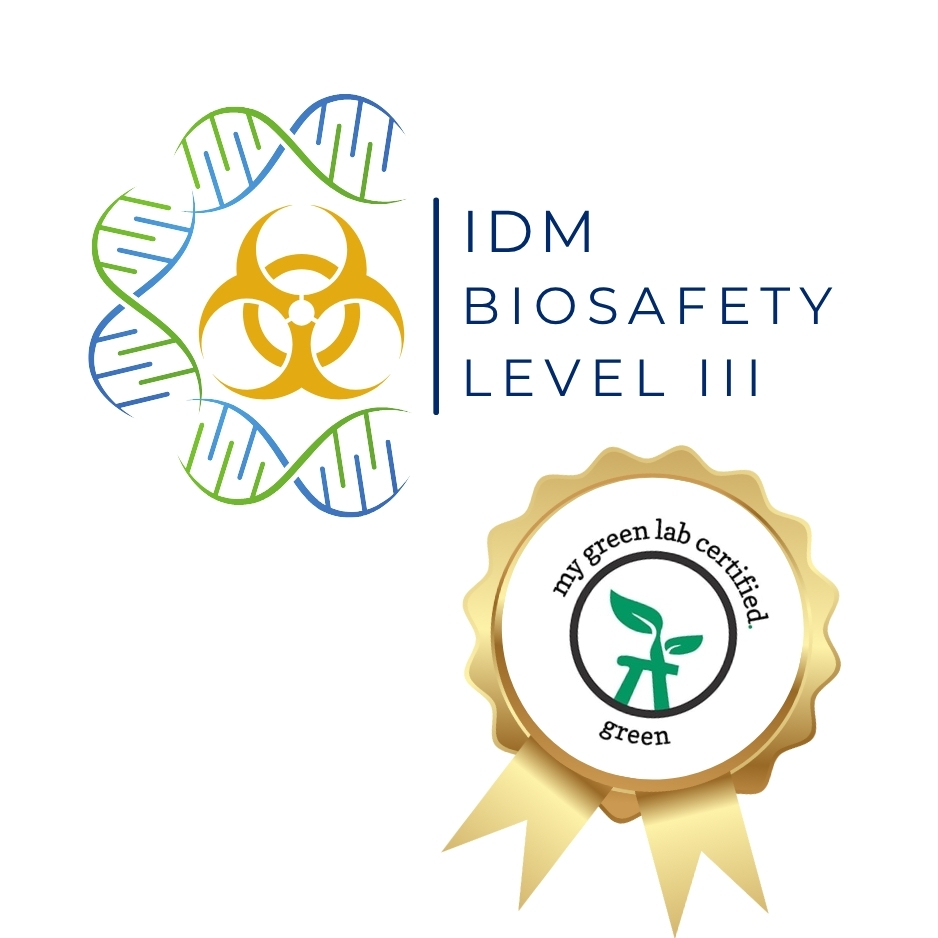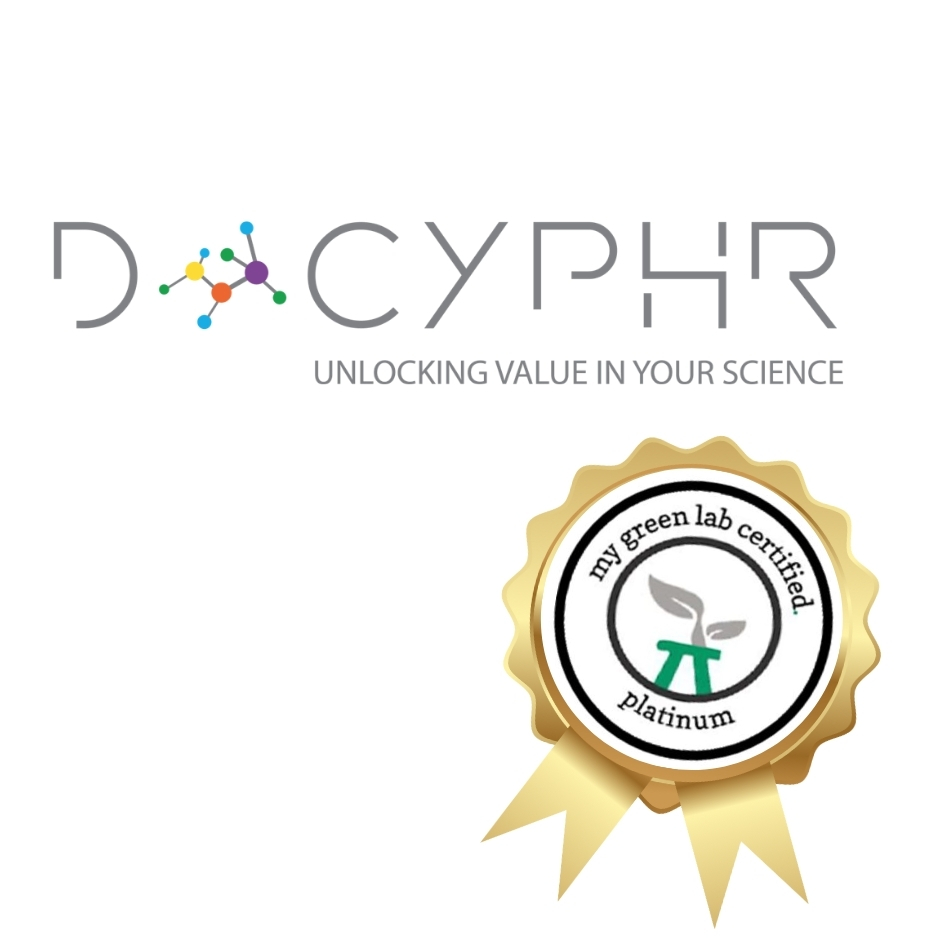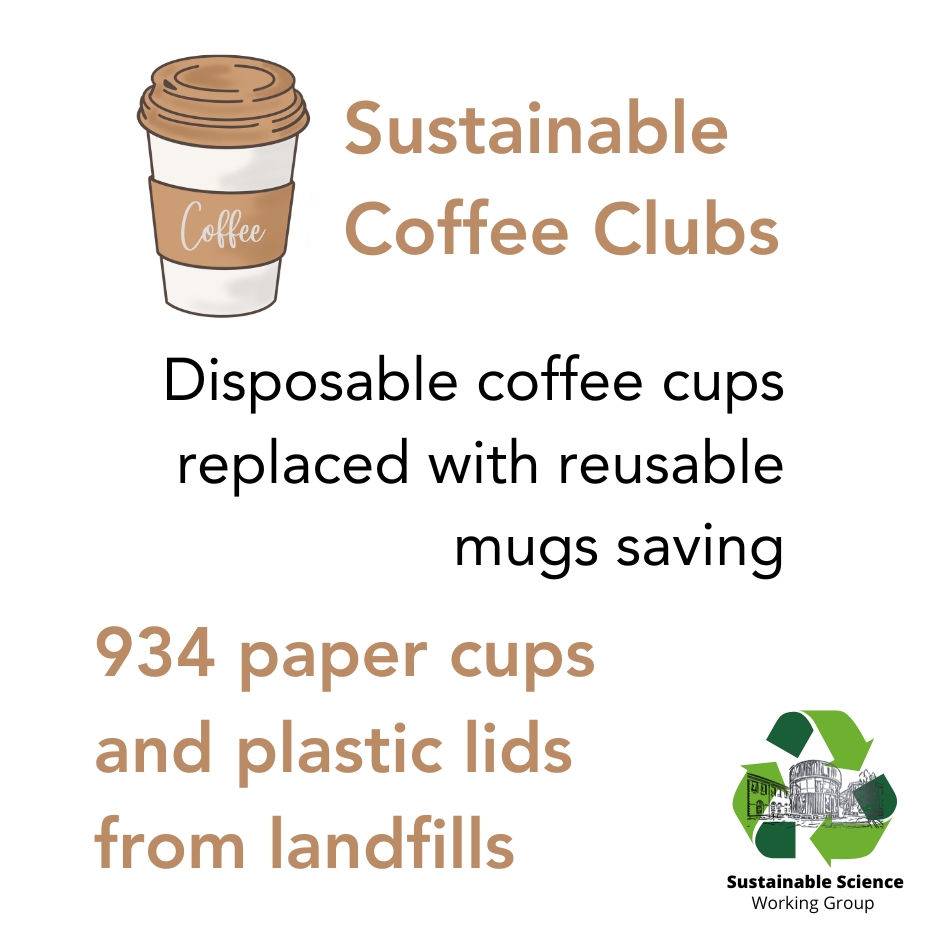Sustainable Science At the IDM





Did you Know?
Life science research labs alone are estimated to produce approximately 12 billion pounds of the world’s total plastic waste.
Clinical laboratories can use up to 10 times more energy than equivalent sized offices, and high-energy consuming equipment such as ultralow temperature freezers use as much energy per year as an entire household. Laboratories use as much as four to five times more water than an equivalent sized office.
Biomedical and healthcare research, although essential for mankind, paradoxically heavily relies on practices that contribute towards the climate and environmental crisis.
At the Institute of Infectious Disease and Molecular Medicine, we recognise that scientific excellence carries a responsibility not only to human health, but to the health of our planet. Our discoveries are made possible by the resources we use, and we are committed to ensuring that the way we do science safeguards the future we seek to protect.

As part of the Sustainable Science Initiative, the Institute has partnered with My Green Lab to work towards achieving Green Lab Certification, a globally recognised standard for environmentally responsible research. This collaboration supports our commitment to reducing the IDM’s carbon footprint and embedding sustainable practices throughout our laboratories and offices.
The IDM is Africa's First 'My Green Lab' certified Academic Research Institute
The IDM has officially certified two laboratories under the My Green Lab programme — a remarkable first for Africa.
The Biosafety Level III Facility achieved the highest ranking, the ‘Green’ certification.
The Molecular Phenotyping Laboratory (D-CYPHR) earned Platinum certification, the second-highest ranking.
These two laboratories are the first academic research labs in South Africa to be certified to this international standard. With 19 laboratories currently enrolled, the IDM now has the largest number of participating labs of any university or research institute in the country.

| 
|
Our Impact so far

| 
| |

| 
|
The health of our planet is inextricably linked to human health, therefore as researchers dedicated to improving lives, we must commit to protecting the environment that sustains life.
